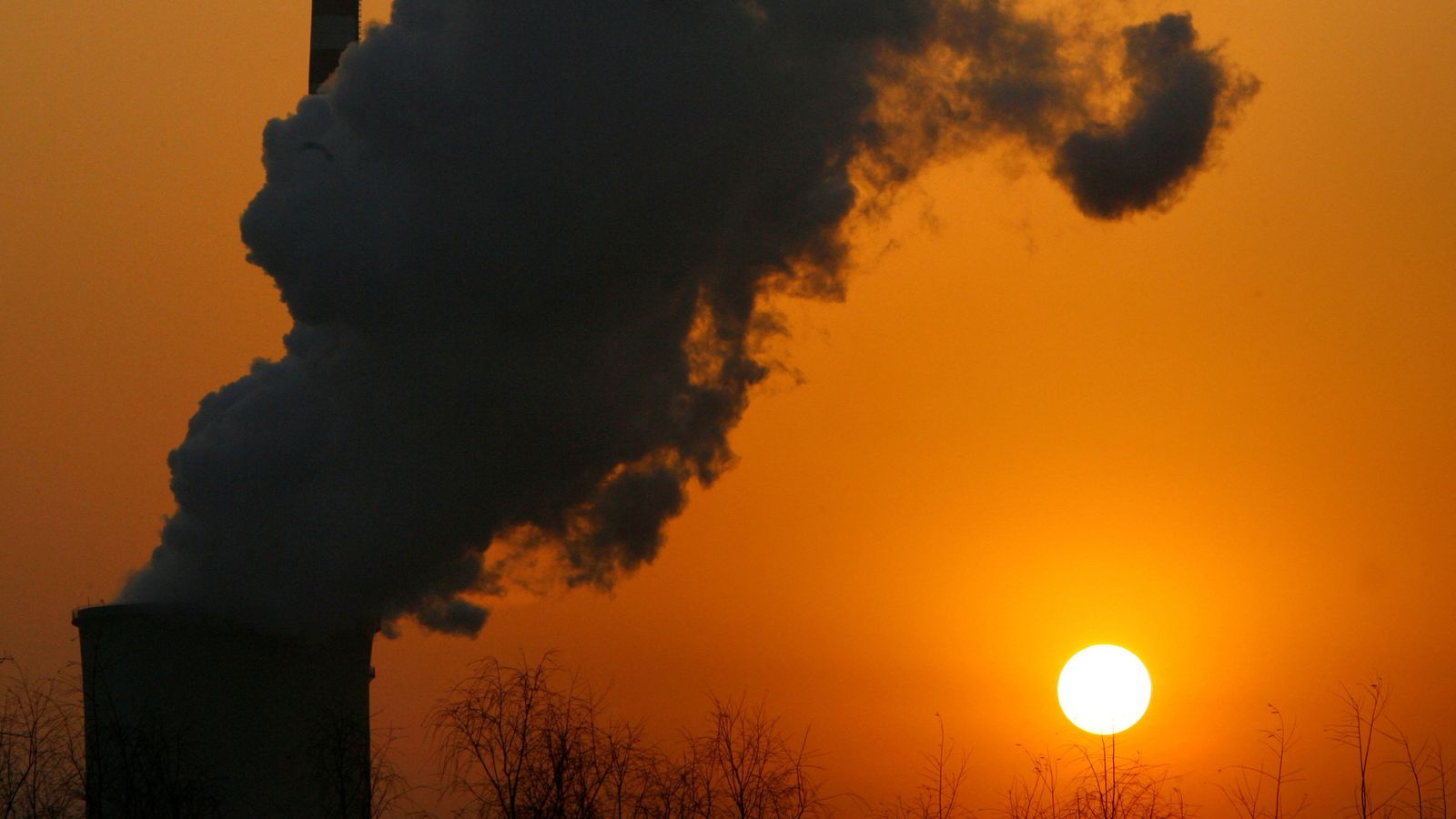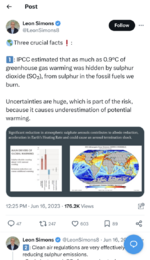Matt.GC
TS Member
You won't be saying that when you have 7 bins and have to pay the meat tax this time next year!Hasn't this government's policy agenda always been shaped by debunked conspiracy theories?
The most alarming thing about this rediclous, 'Great Reset' derived conspiracy theory shaping policies that have a long-term effect on the climate is the fact the government have debunked Mark Harper's own lies themselves.

Politics latest: 'This is the end' - Trevor Phillips delivers message to 'friend' Mandelson after Epstein files revelations
Speaking to Sunday Morning with Trevor Phillips this morning is Housing Secretary Steve Reed. It comes after the latest Epstein files release which has shed new light on the relationship between the disgraced financier and Lord Mandelson.
So if we have another year of a government, who know they are lying, have admitted that they are lying, yet then shape policies around people believing their lies, then this is very troubling indeed.





